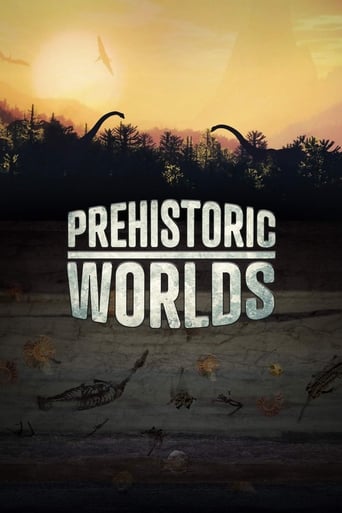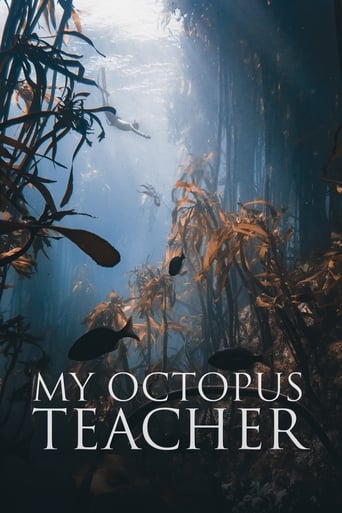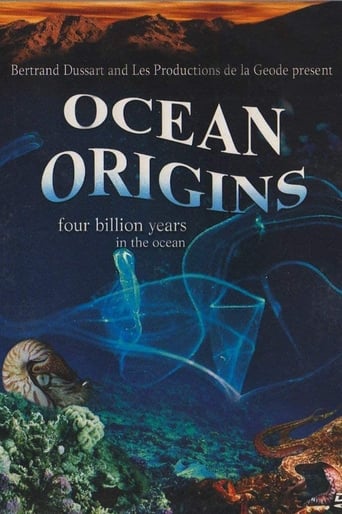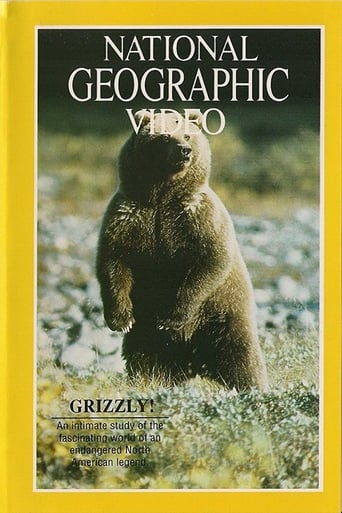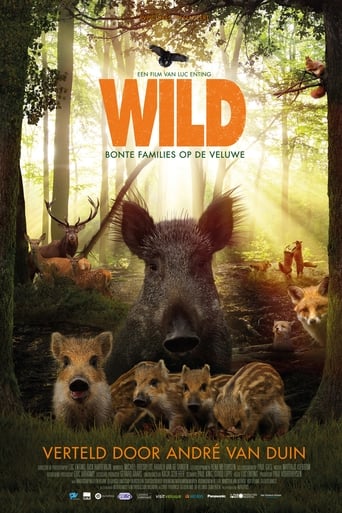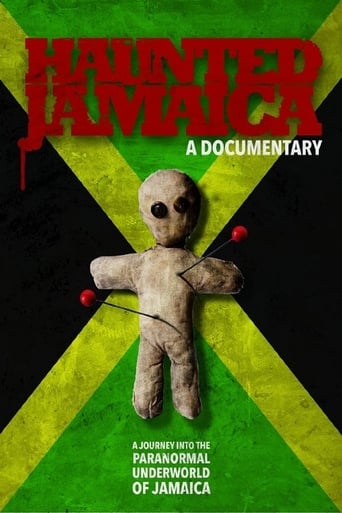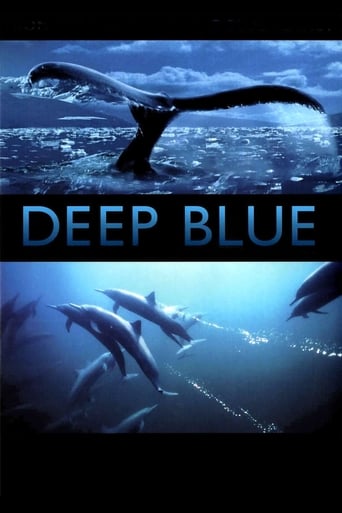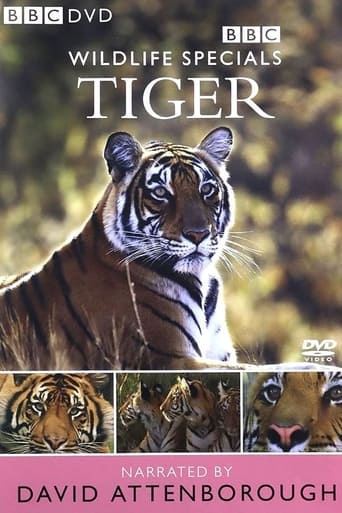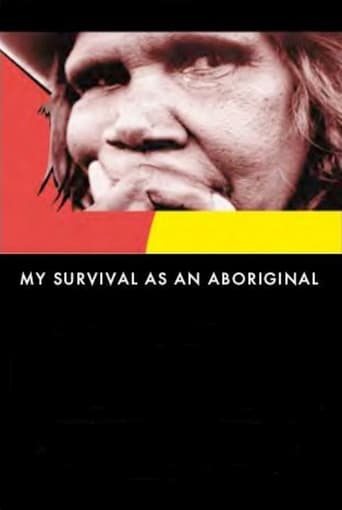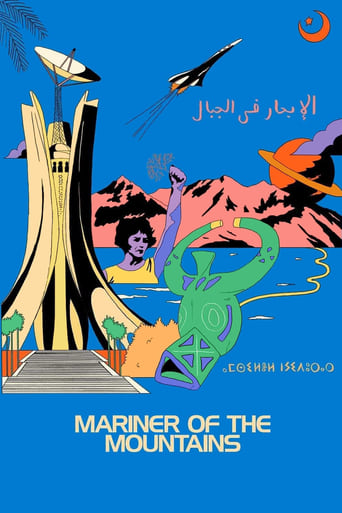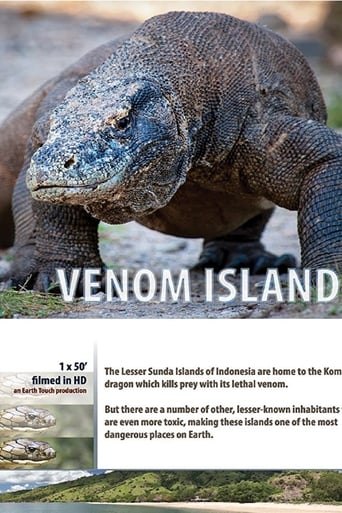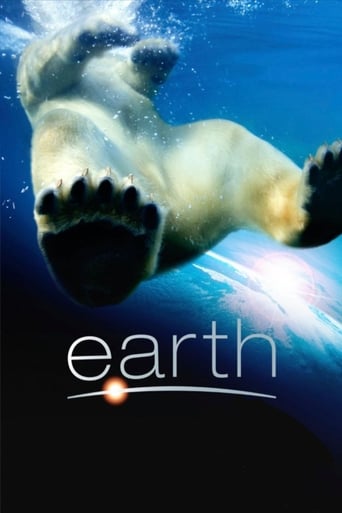
25 Jun 2019

Die Frauen der Terrormiliz
Nanny, cook or sex slave. For a long time, the mistaken belief that the women in the terrorist organization Islamic State were condemned to blind obedience was held up. But appearances are deceptive. Some of them join the terrorist militia of their own free will. They are fully integrated into the system: they torture with unscrupulous cruelty and actively fight alongside their men. Today, the Caliphate's capitals lie in ruins. Nevertheless, many of the women have stayed and are trying to leave behind memories full of pain and shame. Thomas Dandois gives them a voice.
